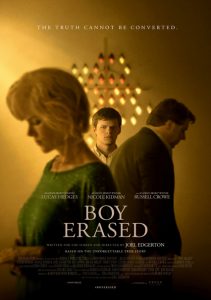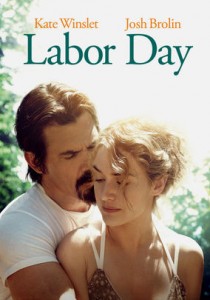French Exit-2020
Director Azazel Jacobs
Starring Michelle Pfeiffer, Lucas Hedges
Scott’s Review #1,188
Reviewed October 29, 2021
Grade: C+
French Exit (2020) is a mediocre effort that left me disappointed. I expected to be dazzled by the eccentric French culture and sequences that I had anticipated.
While there are some location shots in historic Paris, they are not enough to compensate for the lackluster writing and unlikable characters the film offers.
Plot-wise, the intriguing premise teeters into the far-fetched, to the point where the result becomes banal and silly.
The film is a miss and should be skipped in favor of other films, such as Midnight in Paris (2011) and Last Tango in Paris (1972), which both offer a better French flair and superior storytelling.
A widowed New York socialite named Frances (Pfeiffer) and her meandering son Malcolm (Hedges) move to Paris after she spends the last of her husband’s inheritance.
Sixty years old and now penniless, she borrows a friend’s apartment where she plans to live out the rest of her days anonymously. Her husband, Franklin, has been dead for twelve years, and all that’s left of him is a cat named Small Frank, who may or may not embody his spirit.
Based on the previews, I anticipated an adventure involving cobblestone Parisian streets, delicious bakeries, and cultural French music. A glimpse of the famous Louve or Eifel Tower would have been a cherry on top.
While there are a few sequences of Frances and Malcolm walking along Parisian streets and an apartment that provides good French flavor, there is not enough to be considered an achievement.
Michelle Pfeiffer plays the main character.
As a fan of some of her more recent projects, like Mother! (2017), a brilliant film directed by Darren Aronofsky, the character didn’t catch fire for me. She’s pretty snobbish throughout and never really gets her comeuppance or learns any lesson.
As the protagonist, I was baffled as to why I was expected to root for a woman who is a bitch.
Hedges, a fantastic actor, plays his part according to the script. Still, the morose, one-dimensional Malcolm is uninteresting, and a so-so romantic plot involving his girlfriend Susan (Imogen Poots) is even less so.
On the plus side, Valerie Mahaffey steals the show with her quirky, comedic performance as Reynard.
A fan of Frances’s, she befriends the woman who initially shows no interest in her and dismisses her coldly. An eccentric, her odd demeanor and style are infectious, and she won me over immediately, especially when placed side by side with the other, less flavorful characters.
She was deservedly rewarded with recognition and received a Spirit Award nomination. Hopefully, this leads to more juice roles from Mahaffey.
Azazel Jacobs, who has had modest success on the independent film circuit, offers moderately impressive direction but loses me with the addition of not one but two tired seance sequences. A cat inhabiting a dead body and coming to life with the deceased person’s voice is drab and better suited for low-brow light comedy.
To make matters worse, the inclusion of a plump medium Madeleine (Danielle Macdonald) is about as clichéd as you can get.
There is not enough substance to give French Exit (2020) higher than average marks. Pfeiffer, taking center stage and doing her best, deserves better roles as she enters her senior years. She’s got gusto, so let’s give her better material.
Independent Spirit Award Nominations: Best Supporting Female-Valerie Mahaffey






